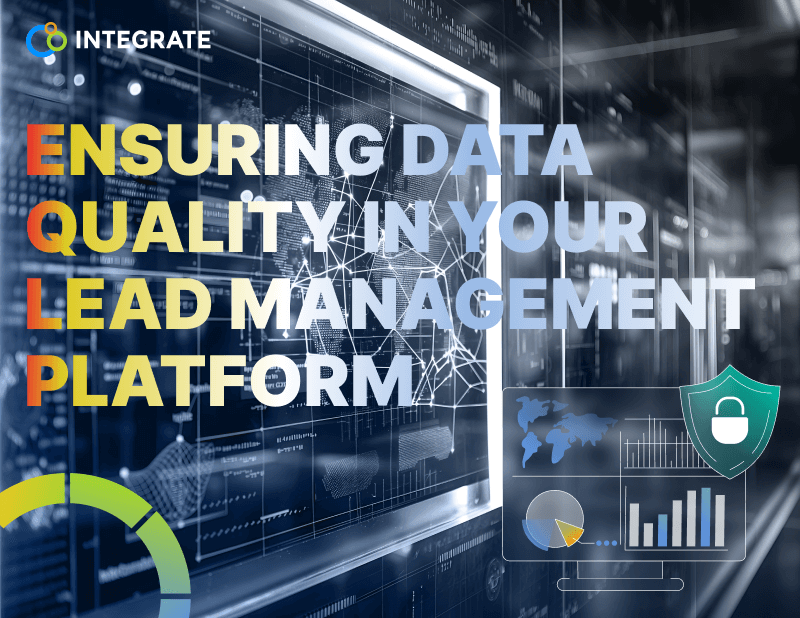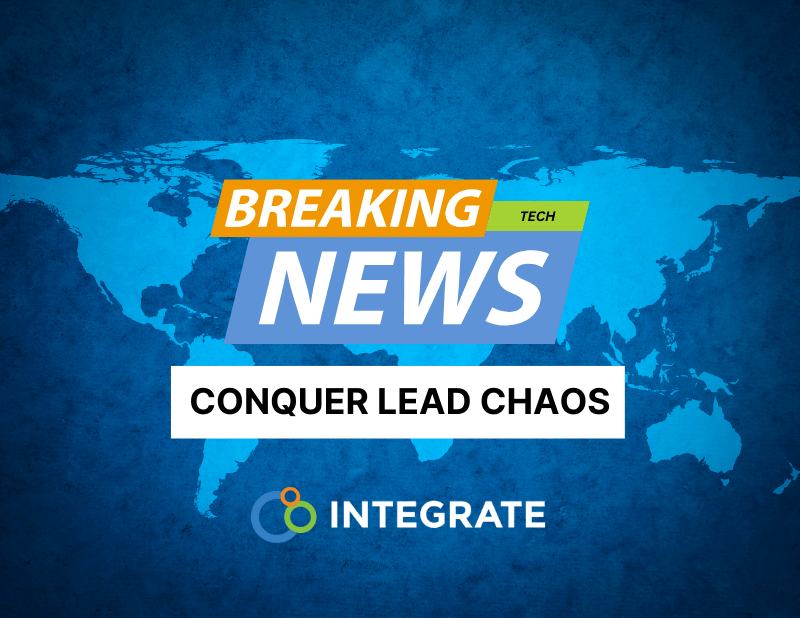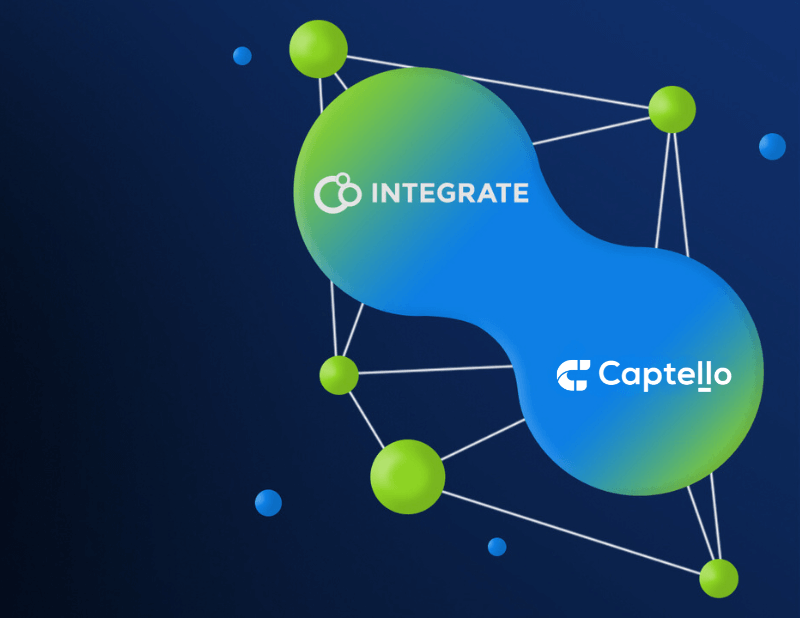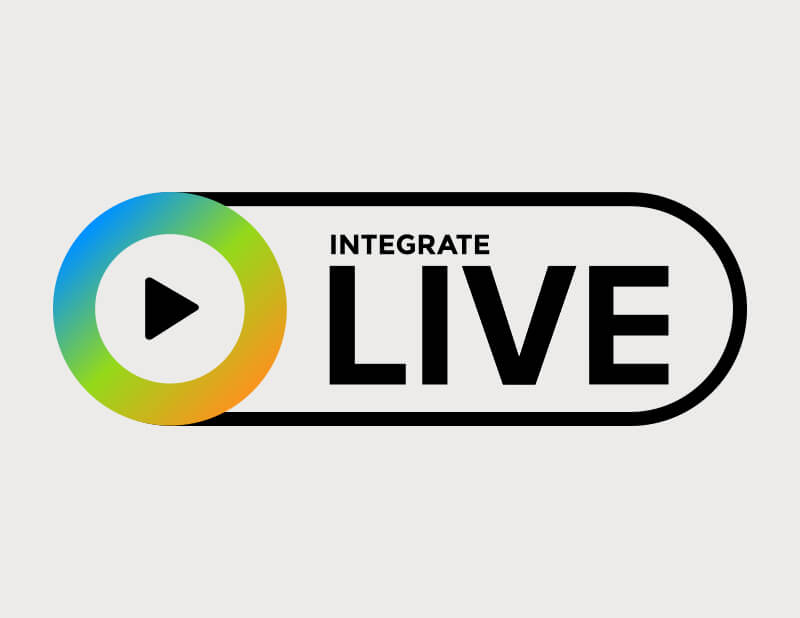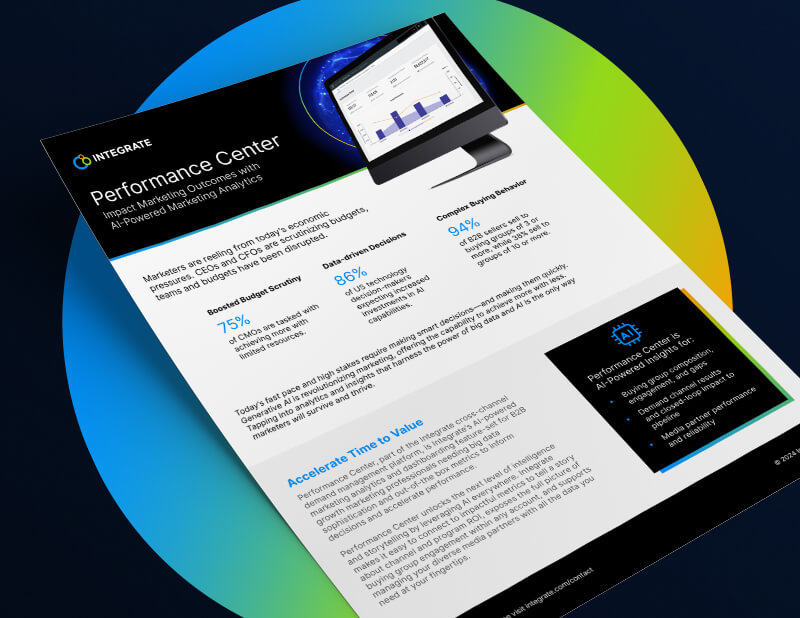A Comprehensive Guide to Data Governance: Ensuring Data Quality in Your Lead Management Platform
In today’s digital-first world, organizations produce, process, and store vast amounts of data. This data drives business decisions, informs strategies, and powers operations. However, managing, protecting, and ensuring data quality has become essential. That’s where data governance comes in.
What is Data Governance?
Data governance refers to a framework of policies, standards, and procedures that guide how data is managed, accessed, and protected across an organization. This framework ensures data remains secure, accurate, and available, while establishing rules for who can access and modify data and under what conditions. Simply put, data governance defines how data should be handled throughout its lifecycle—from creation and processing to storage and eventual deletion.
For example, a robust data governance framework may include:
- Data Quality Checks: Ensuring that data remains accurate and consistent through validation rules and regular audits.
- Access Control Policies: Defining who can view or modify specific data assets to prevent unauthorized access.
- Retention and Disposal Protocols: Setting standards for how long data should be stored and when it should be securely deleted.
Simply put, data governance establishes rules for managing data, ensuring that only the right people have access to it at the right time and for the right purpose. It also assigns responsibility for different data assets and sets standards for storage, sharing, and usage—creating a foundation for high-quality, trustworthy data that’s ready to support critical business decisions.
Organizations often play distinct roles in the data governance ecosystem as either data controllers or data processors. Data controllers are responsible for deciding how data is collected, used, and shared, whereas data processors handle the data on behalf of controllers, ensuring it is managed securely and in compliance with established rules. Integrate, for example, acts as a data processor, focusing on the quality and compliance of lead data, which is then used by organizations (controllers) to drive their business strategies.
Why is Data Governance Important?
Data governance is essential in today’s data-driven environment for several key reasons:
- Data Quality and Consistency: Without a robust governance framework, organizations risk relying on inaccurate, outdated, or incomplete data, which can lead to poor business decisions. Data governance ensures that data remains reliable, consistent, and trustworthy, giving stakeholders the confidence to use it as a basis for decision-making.
- Regulatory Compliance: Many industries are required to comply with data protection regulations like GDPR, CCPA, and HIPAA. Data governance helps companies meet these regulatory demands by defining and enforcing standards for data handling, storage, and protection.
- Operational Efficiency: Good data governance makes it easier for teams across an organization to access, share, and work with data. This reduces duplicated efforts, streamlines processes, and improves overall productivity.
- Risk Management: Mismanagement of data, whether through breaches, leaks, or unauthorized access, can lead to significant financial and reputational damage. A strong data governance framework helps reduce these risks by implementing security measures and access controls.
- Better Decision Making: High-quality, well-governed data is essential for making informed decisions. With reliable data governance practices in place, organizations can ensure that leaders have access to accurate, up-to-date information to guide strategic planning, performance tracking, and trend forecasting.
What are Typical Data Governance Challenges?
While the benefits of data governance are significant, implementing a governance framework presents some challenges, including:
- Cross-Departmental Collaboration: Effective data governance requires buy-in from all departments within an organization, which can be difficult to achieve due to varying priorities and data-handling practices.
- Data Silos: Data is often stored in separate systems across departments, creating “silos” that complicate consistent governance and data-sharing efforts.
- Resistance to Change: Implementing data governance practices often involves changing established workflows, which may encounter resistance from teams used to more independent data management.
- Technology Integration: Data governance is only as effective as the technology that supports it. Integrating governance tools with existing systems can be complex and resource-intensive.
- Ongoing Maintenance: Data governance is an ongoing process, requiring continuous monitoring, updates, and resources to adapt to new data sources, regulations, and organizational changes.
How Does a Lead Management Platform Support Data Governance?
A Lead Management Platform (LMP), like Integrate, plays a significant role in supporting an organization’s data governance strategy by ensuring that lead data is processed and managed according to governance standards. While not a data controller, an LMP functions as a data processor, helping organizations maintain clean, compliant, and actionable lead data. Here’s how:
- Ensuring Data Quality and Consistency: An LMP automatically validates, standardizes, and transforms lead data, creating a single source of truth for customer information. This process prevents data duplication and inconsistencies, ensuring that only high-quality leads are funneled into downstream systems like CRMs and marketing automation platforms.
- Supporting Compliance with Privacy Regulations: By verifying consent, enforcing deduplication, and applying data handling rules, an LMP helps companies maintain compliance with privacy regulations such as GDPR and CCPA. This minimizes the risk of unauthorized data use and helps meet legal obligations.
- Enhancing Operational Efficiency: An LMP automates much of the data ingestion and cleansing process, reducing the time and effort required for manual data handling. By centralizing and organizing lead data, teams can access actionable insights faster and focus on more strategic activities.
- Providing Actionable Insights for Decision Making: With features like real-time reporting and analytics, an LMP enables marketing teams to track lead performance, identify trends, and optimize campaigns. This allows decision-makers to better understand their lead pipeline and make data-driven adjustments to strategy.
Data Governance as a Game Changer
Whether it’s improving data quality, ensuring compliance, or enhancing security, the benefits of data governance are vast and essential in today’s data-driven world. Investing in a robust data governance framework might seem challenging at first, but the payoff is well worth the effort. Companies that effectively implement data governance can expect smoother operations, more reliable decision-making, and greater protection against data-related risks.
While a lead management platform (LMP) plays a crucial role in supporting data governance processes—particularly for lead data—a comprehensive data governance strategy is foundational to the success of any data-centric organization. Effective governance enables businesses to unlock the full potential of their data while minimizing risks, maintaining compliance, and fostering a culture of data accountability. If you’re serious about long-term success, now is the time to invest in your data governance strategy, as it’s the key to unlocking value, security, and growth in the modern business landscape.
